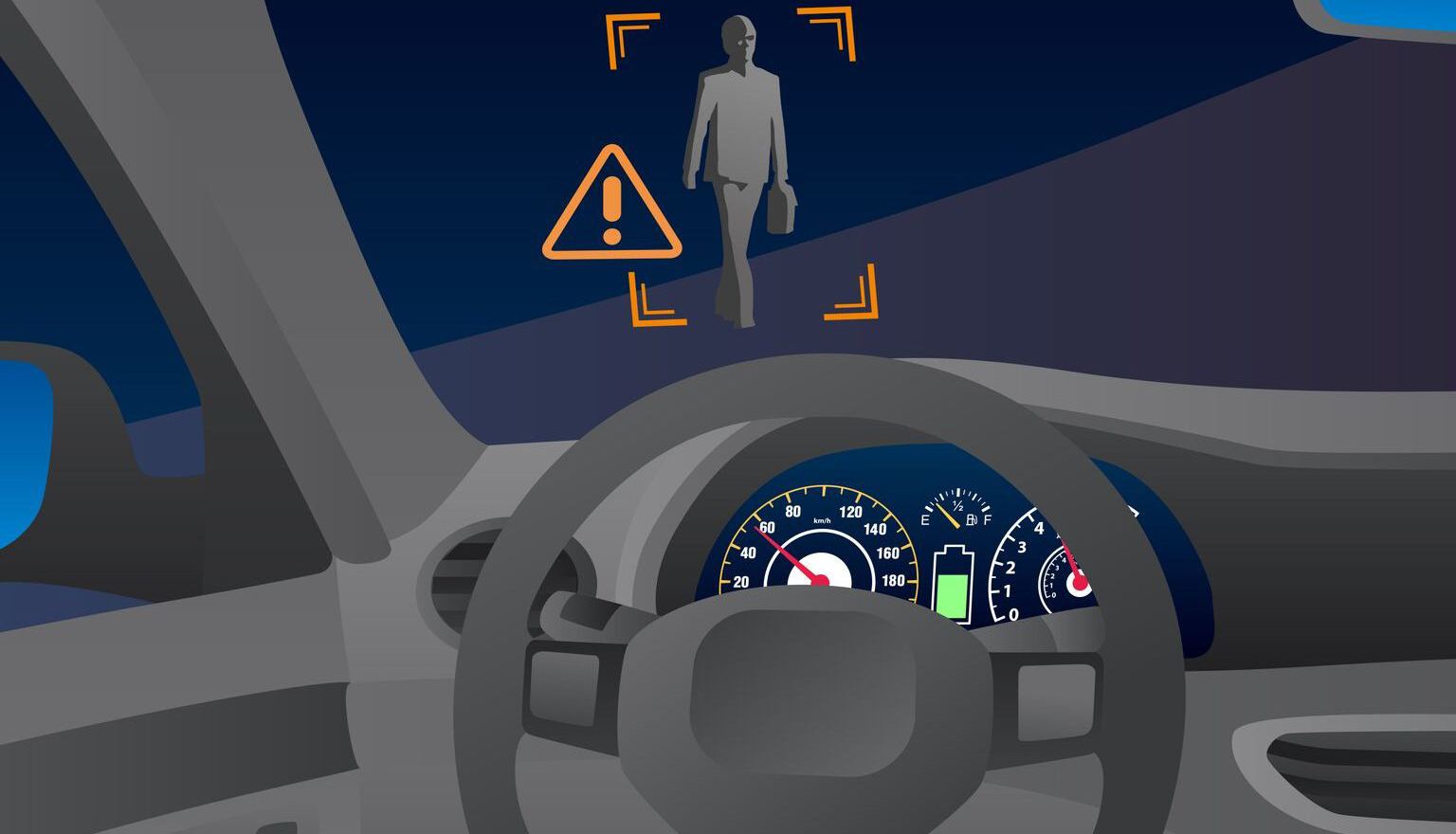Thousands of people die on the roads each day, which adds up to more than a million deaths per year. Each plane crash is a catastrophe that makes it into the headlines, but the millions of people dying on the roads is a tragedy often expressed as a mere statistic. There are already technologies that can eliminate these tragedies in the form of self-driving vehicles. Every carmaker now has its own technology for self-driving vehicles. But do they want to release them? What will happen next? What about deciding between economics or a moral dilemma?

At present, more than 100 million vehicles are manufactured each year and there are more than 1 billion cars registered worldwide. However, many people do not realize that in spite of the fact that almost every person in Western countries owns a car, its usage rate is only about 2% of time. For the remaining 98%, the car is parked without moving. A car is therefore the least profitable investment in a person’s life.
In the USA, the public authorities motivate people not to drive alone and there are faster lanes for cars with at least one passenger in addition to the driver, which reduces pollution and traffic jams. This was the trigger for today’s phenomenon Uber, which was originally meant to help drivers find a passenger along their route and therefore allow them to use the faster lane.
Let’s look at this problem more closely: Uber, Apple, Google, and Tesla produce statements about who of them will make the first self-driving car. In spite of that, German, American, and Japanese carmakers are already testing their autonomous cars and waiting for the legal regulations that will have to answer the most pressing questions: Should the car decide whom to save and whom to kill in a collision? Who will be responsible for the collision?
If a woman with a baby suddenly crosses the car’s path and the car has an opportunity to decide: What will its decision be? Should it avoid the woman and hit the tree in spite that its assessment that it will kill the passenger, or will it hit the woman with the baby?
It is a moral dilemma with no answer yet, despite the fact that people have faced such dilemmas many times already. (When a ship in sinking, there is a particular order – women with children, the elderly, and then men.)
People think that a computer is not able to decide as if it were a human being because it has no feelings. However, in my opinion we are actually afraid that it will decide better that that we could do, and that we would be affected by that decision. On one hand, we wish to save people’s lives and prevent their deaths. On the other – if someone does it with absolute perfection, it is inhumane for us.
Picture a doctor. It’s a known fact that a doctor needs many individual experiences to become an expert. Experiences mean contact with patients, with mistakes and successes. There must be hundreds of these instances to become a high-quality doctor. Whom would you choose for your surgery: a recent graduate or a doctor with 35 years of experience? I’d prefer the second option.
Now imagine that the skills and experiences of all doctors would be interlinked. The doctor would not be an independent unit that needs to gain experience on its own, but each patient and each experience would be entered into a central system that would be shared amongst all doctors concurrently. 50 years of experience for 1 million doctors would be 50 million years of experience. Now tell me, would you like to be treated by a doctor with 35 years of experience or 50 million years of experience?
The central server and the multiplication effect of experience is such a leap in improvement that it rivals the invention of writing or the internet.
The same question relates to self-driving cars, who will improve each other and share gained experience with other online cars. Such a perfect organism has the best potential to save lives. However, once we imagine that the car is to decide, we become afraid of it. Of course, people were always afraid of things that they did not understand. Whether it was Galileo, Columbus, or even the deep sea.
The moral question still remains: Do we want cars to improve each other and acquire the experiences of all drivers throughout the world, or do we want them to be autonomous, without communication so that they only improve their experience individually, the same way as we learn from our mistakes?
In the latter case, cars will be more similar to us. In the former, they will be perfect organisms that send shivers down our spines.
The second question is how will self-driving cars change our economy. Imagine that our cars were used not just 2% of the time, but 100%. At the same time, one rider would share their trip with 2-3 other people.
In a purely mathematical sense, it would mean that there could be 200 times less cars in the streets and those cars would transport the same amount of people. It also means fewer accidents and better roads without traffic jams. An awesome thought.
On the other hand it would mean no jobs for drivers, taxi drivers, truckers, an absolute apocalypse for the automotive industry, car dealers, parts manufacturers, insurance companies, and the entire industry, which now accounts for 3,000 billion dollars a year, or 30% of European GDP. What would it mean for millions of people and their families, who now depend on the entire automotive, trucking, insurance, or transport industry?
To be successful and profitable, today’s carmakers have to sell more and more cars. Their goals are to sell more cars than last year or to beat the competition – that is other carmakers – as they perceive it.
It is a similar situation as in the case of mobile phone operators. For a long time, they perceived other operators as their main competitors, but the disruption came from companies like Whatsapp, Viber, or Skype.
I’m afraid that the situation is repeating itself, and that we will see a huge disruption to car market players by application companies that will become the operators of self-driving vehicle fleets. Operators that will be able to meet the requirements of a new generation of the population for individual transport from point A to point B for a monthly fee of, let’s say, USD 50-100. Obviously, someone will have to make the car, but once that happens, the car becomes a commodity and carmakers will compete with pricing and not through the car’s brand.
And when electric cars will be made in China, the car itself will only be based on the design of the operators, and not on the manufacturers. I do not want to even imagine the effect of this scenario on Slovakia, which produces more than 1 million cars a year.
Of course, each carmaker realizes this and therefore tries to invest in various startups which deal with mobility, to remain in their comfort zone and continue to deal with their competitors.
But will it be enough and is the world ready for such change?

